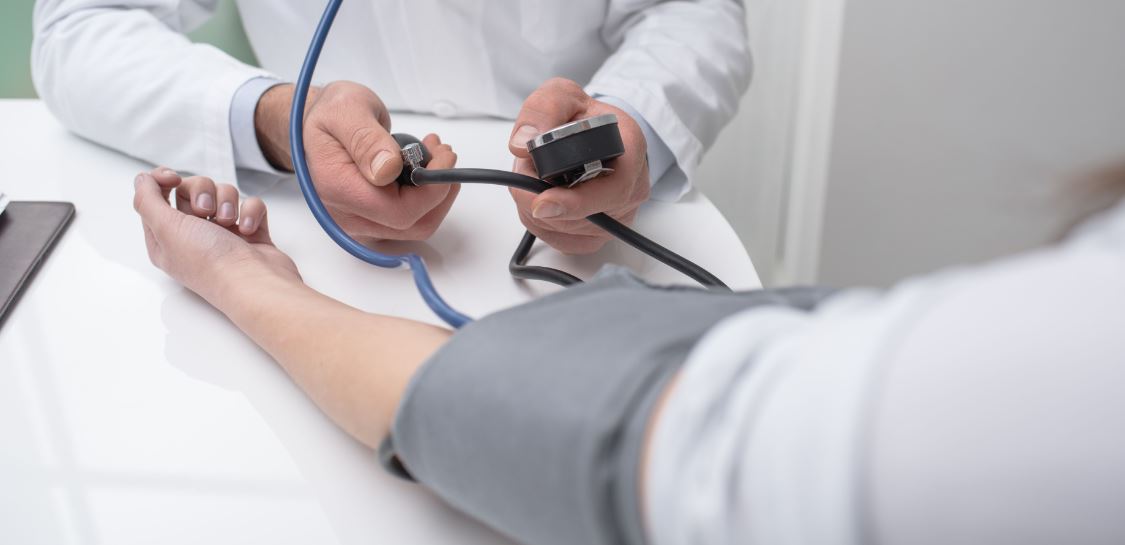Increasing proactive screening
Until 2013, around 2,000 family members of patients with Familial Hyper-cholesterolemia were diagnosed with FH each year due to proactive cascade screening. Since the cancellation of the program responsible for screening and the decrease in funding to our client, the numbers have gone down to around 500 family members. Our client has the ambition to bring the diagnosis rate of family members back to at least 2,000. To do this, our client needed to convince potential funding/subsidizing bodies that restarting the program would be cost-effective.
Showing cost-effectiveness
Creating a compelling and convincing story for potential funders, we needed to build a cost-effectiveness model that showed the potential benefits for healthcare and society. The key to this business case was to identify the main elements that had the biggest impact on the case and translate the evidence into financial and impact on Quality Of Life (QOL). In building the case we had several interviews with national and international KOLs to validate and substantiate assumptions and identified research data.
Discussing with partners to get started
We developed a compelling story showing the cost-effectiveness of proactive cascade screening for FH is better than for many other cascade and population screening programs, such as colon and breast cancer.
Our client is currently sharing the story both at national and international level to convince Dutch funders to restart the program and inspire international organizations to start their own programs.The objective is to find as many people as possible with FH, so they can be effectively and cost-effectively treated.





